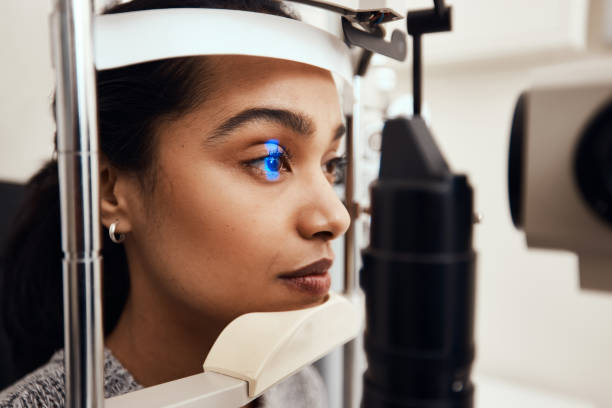Does blood pressure affect eyesight?
HBP can harm your eyesight in many ways
Your eyes contain many tiny blood vessels. When subjected to the long-term effects of high blood pressure, the following conditions can develop: Blood vessel damage (retinopathy): A lack of blood flow to the retina leads to blurred vision or the complete loss of sight.
Can your eyes tell if you have high blood pressure?
High blood pressure
Hypertension can damage the blood vessels that deliver blood to the retina. You won't notice a difference in your eyes or vision at first, but an eye doctor may be able detect it when they look at the vessels inside the eye.
High blood pressure, which is also referred to as hypertension, can increase your risk of life-threatening health conditions such as heart attack or stroke. The ideal blood pressure generally should be greater than 90/60 mmHg and equal to or less than 120/80 mmHg. Values greater than 140/90 mmHg indicate hypertension.
Persistent hypertension can put extra strain on many organs such as your blood vessels, heart, kidneys, brain and eyes. Results from several studies indicate that high blood pressure can cause severe damage to your eyes, thereby resulting in vision loss. This article will discuss several mechanisms by which hypertension may harm your eyesight and the importance of regular eye examination.
How can high blood pressure affect your eyes?
Persistent high blood pressure may harm your eyes in various ways. Your eyes contain several tiny blood vessels that supply blood and the necessary nutrition to the eyes. Scientists have carried out several studies to determine the mechanisms of hypertension that damage the eyes.
High blood pressure is responsible for the following processes, which cause problems with vision:
- Retinopathy: The retinal blood vessels are damaged, leading to blurred vision or complete loss of eyesight. The narrowing of arteries of the eyes causes retinal injuries, swelling of the optic disk, bleeding and loss of vision.
- Choroidopathy: Fluid builds up under the retina, which causes scarring of the retina and distorted vision.
- Optic neuropathy: Reduced blood flow and blockages in the blood vessels of eyes cause optic nerve damage, which may affect eyesight.
- Increased intraocular pressure: High blood pressure causes increased production of aqueous humour (a fluid produced in the eyes) through increased pressure in the arteries of the eyes, which leads to increased intraocular pressure and causes an eye condition known as glaucoma.[4]
Why is regular eye examination necessary in people with high blood pressure?
If you have had high blood pressure for a long time, then your doctor may suggest an eye examination. High blood pressure can cause damage to the tiny blood vessels in the eyes, which is detectable through a simple eye examination by a specialist. Moreover, the eye specialist will also be able to see leakage of fluid from the blood vessels, narrowing of blood vessels and any other damage to the retina. People with high blood pressure often do not experience symptoms. Hence, a regular eye check-up can predict the complications that may arise in the eyes due to high blood pressure.
The only treatment for damage to the eyesight due to high blood pressure is controlling your blood pressure. Many times, an eye examination reveals that you have hypertension. Hence, regular eye examination may help indicate changes in the eyesight due to blood pressure. As eye complications can progress to partial or complete loss of vision, a regular eye examination can save your eyesight.
The identification of changes in the eyes caused by hypertension can help in the prevention and management of complications of hypertension in the eyes and the entire body.
In addition to detecting the damage to the eyes due to high blood pressure, a regular eye examination can also reflect the risk of a future stroke or heart attack.
Control your blood pressure and get your eyes checked at regular intervals; protect your eyesight!







